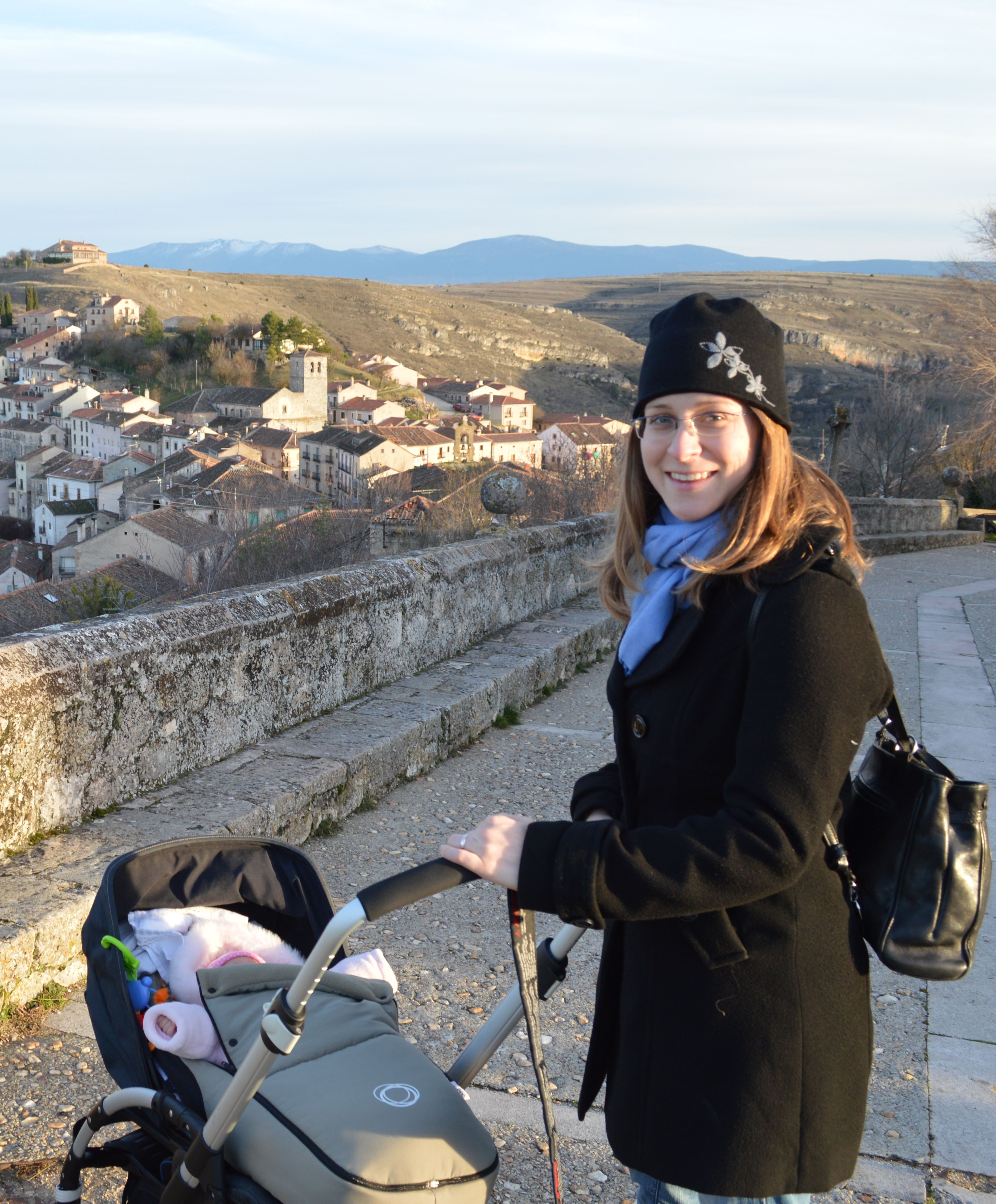Tereza Lokajíčková
Tereza Lokajíčková
|
Tereza Lokajíčková was born in Prague and finished her studies at the IES in 2010. She managed to pass her first study stay abroad at the University of Bath, UK, already during her bachelor studies. For her Master she chose the programme Economics, Economic Policy and European Integration. Meanwhile, she started to work as audit assistant in Deloitte where she stayed for two years. During her Master’s programme, she started to do research for the French Institute for Research in Social Science and she worked as financial analyst in Discovery Group. In 2010 she moved to Belgium, where she was hired by ING as business and market analyst. Later she got the position of socio-economic analyst at the European Commission. At the same time Tereza studied law at the University of London and she passed several courses at the Barcelona Graduate School of Economics. Currently, she works as case handler in Directorate-General for Competition at the European Commission. In her free time, Tereza plays the saxophone in a Czech music group and she likes dancing. However, she spends most of her free time with her family, she is married and she has a two-year-old daughter. |
You have studied the program Economics, Economic Policy and European Integration. Which subject was the most important for you from the view of your current professional experience?
It was probably the course Antitrust economics. That’s where I discovered that there is a combination of microeconomics and applied econometrics (courses that I liked a lot) and that you can get a job in the private sector doing this. After one year of work in ING in Belgium I was sure that this was what I wanted to do in the future. Then, at the same time, I got an offer from RBB Economics (which is a consultancy doing economic analysis of competition cases, so my dream job) and from DG Employment of the European Commission. In the end I decided to accept the offer from the Commission, because it’s unfavourable to be a Belgian taxpayer and, in general, conditions such as maternity leave and other benefits, are not very good in Belgium. In the Commission, internal mobility is encouraged, so I expected that sooner or later I would be able to get to DG Competition, anyway. And that happened after 3 years in the Commission.
You have done postgraduate study of law in London. What is the major contribution of this school to your career?
Although I have never reached the degree itself, having passed several exams in competition law was one of the factors that contributed to me getting the job in DG Competition. It never hurts to know also the legal side of things, not just the economics one.
Could you describe what exactly are you doing at your position of Case Handler in Directorate-General for Competition at the European Commission?
I work in a unit that deals with state aids, more specifically regional aid, and infrastructure. Of course, as a Czech native, I mostly have Czech and Slovak cases, or anything else that is dealt with in English or translated from/into other national languages. I am in regular contact with the permanent representations to the EU and sometimes also with the national authorities, such as ministries or the competition authorities.
How are you able to maintain your work-life balance – career, continuous further education and maternity? You have managed quite a lot of things in the past few years…
As I’ve said, one of the reasons to choose the Commission over the consultancy was the possibility to have a reasonable work-life balance. After I came back from maternity leave, which lasted one year, I started to work part-time (80%), which – together with having a nanny that helps with the household – really makes it possible to have a good work-life balance. Regarding my continuous education, I took advantage of the year of my maternity leave and devoted lots of time to studying, mainly competition law. It was not an easy year, but it was definitely worth the effort.
You live with your husband in Brussels. Is there any Czech community, or are you more in touch with the people from the European Commission (or generally, people who you know thanks to your job)?
There is a Czech community in Brussels, but apart from my Czech band and Czech colleagues, I am not in contact with so many Czechs. Before our daughter was born, I was a lot in contact with other expats, be it from work or from my social activities. In the last two years we are more in touch with friends who have children – and just a few of them happen to be Czech.
Which dance is your favorite?
My favourite dance is probably Argentinian tango. No other dance gives you such a connection with your partner. But we also enjoy salsa, balls or a traditional Spanish dance called sevillanas. Do you know how beautiful dresses women wear for that one?








